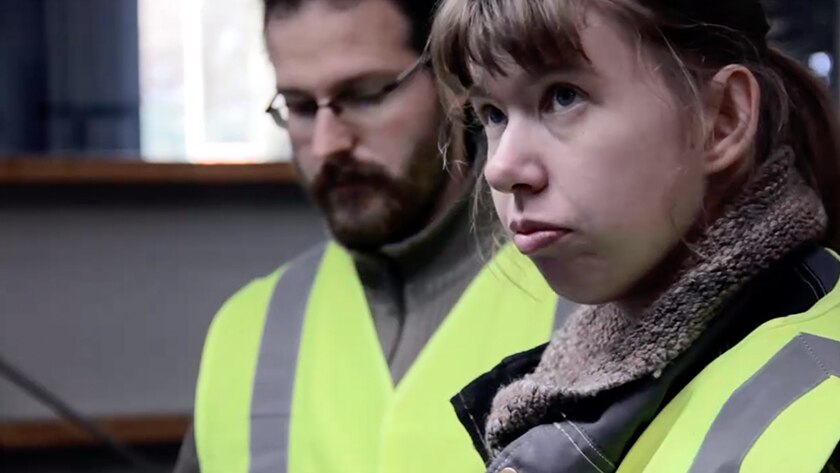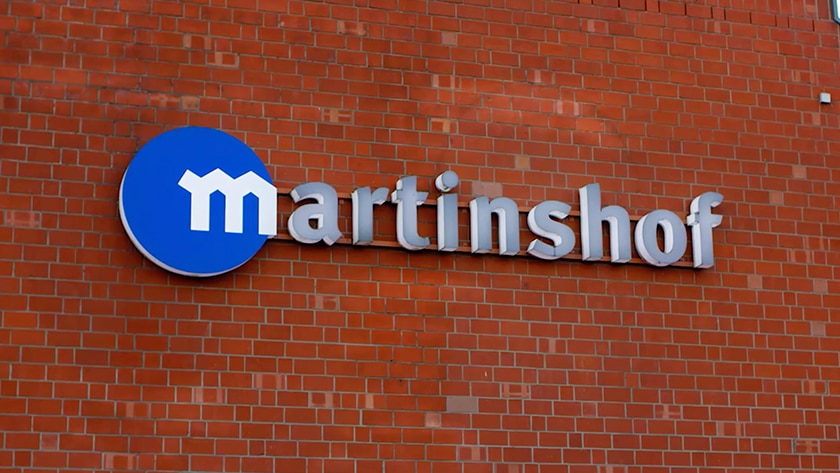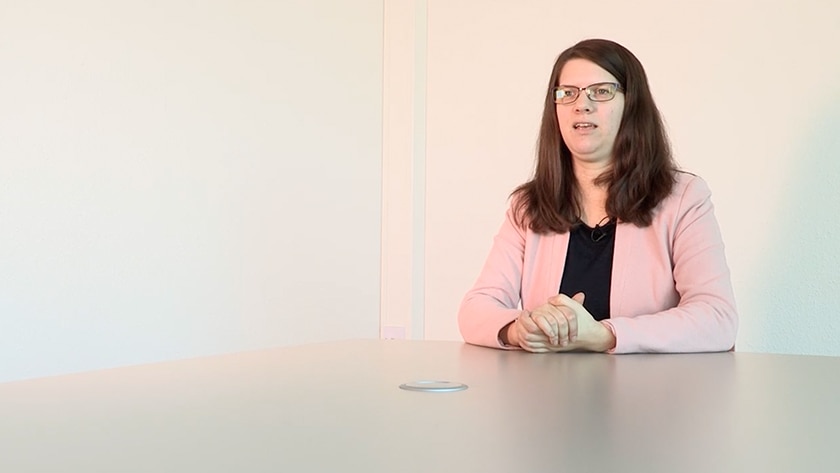Empowering All: Manual Work Meets Modern Automation
14th September, 2020

In spite of advancing digitalization, the following truth still applies: manual workstations remain indispensable in situations where automation struggles, particularly for products made in small quantities or with complex processes. Such workstations are preferred at the Martinshof Werkstatt Bremen – a workshop in Germany employing a mixed-ability workforce. The workshop serves as an ideal environment to integrate people with physical or cognitive handicaps into the workplace.

Diversifying the Workforce
Under the banner of "2030 Agenda for Sustainable Development," the UN has defined a set of different goals and objectives for realizing more sustainable growth in society; inclusive employment stands as the eighth goal in this Agenda. Here, the UN seeks to promote economic growth that is inclusive of all persons, as well as implement full and productive employment practices that allow individuals with disabilities unrestricted access to the job market. Mitsubishi Electric stands as one firm dedicated to fulfilling these social responsibilities, consistently striving to maintain a diversity- and inclusion-focused employment policy. It implements this both directly through hiring practices and through special initiatives such as MELCO Tender Mates, a subsidiary company that performs various production and service-related tasks, including, for example, producing baked goods for business/personal use and hospitality events.
Each workplace and industry plays a role in promoting inclusion, and the realm of manufacturing and automation is no different. Such workspaces can play a significant supporting role in not only improving manufacturing processes but also in actively diversifying employment practices and environments.

The Wisdom of Japan
Many have heard of Kaizen – but perhaps less well-known is the practice of Poka Yoke (pronounced po-ka-yo-kay). Poka Yoke has cemented a stable role in the Japanese manufacturing landscape for over 60 years, with roots in Japanese culture that extend back much further.
Poka Yoke translates quite simply as "error proofing," and when applied to manufacturing, it embodies a practice that eliminates mistakes and prevents omissions along the entire production line. Behind this tactic is a state of mind focused not only on improving production quality, but also on boosting productivity. Most of us take pride in a job well done – so anything that makes it easier to do a job better is a welcome addition.

Harmony Between the Digital and Real Worlds
It may seem counter-intuitive to apply traditional cultural practices in the modern digital manufacturing world, but the benefits well outweigh the sum of their parts. Workstations are one stage of such implementation; here, for example, Mitsubishi Electric’s Guided Operator Solutions (Poka Yoke) help manage component selection, smoothen operational procedures, and even provide visual guides for operators.
But it doesn’t stop there. With a digitalization process that Mitsubishi Electric calls e-F@ctory, stakeholders can now collect operational metrics and data and report this information back to manufacturing business systems – effectively streamlining the data collection and reporting process. One notable aspect of this system is that it allows for the incremental and scalable deployment of technology to support the manufacturing process (otherwise known as Kaizen), which makes these concepts and technologies accessible for businesses of all sizes.
A Unified Goal
Let’s now return to where we began: Martinshof Werkstatt in Bremen, Germany. Here, a team of mixed-ability workers produce vital parts and assemblies needed for manufacturers in the automotive industry. Implementing Poka Yoke processes here has empowered the staff members to feel more confident in what they do – not only reducing the amount of quality checks required, but also improving productivity. Another advantage of this technology is its accessibility: usable for a wider and more diverse workforce. This includes everyone from physically disabled staff to those with learning (reading/writing) disabilities as well as non-disabled staff. Everyone is equal and an important part of the team – and this technology is accessible to everyone.
"One of our goals is to support a wide range of human resources, including workers with disabilities," says Miriam Berger who oversees production planning at Martinshof Werkstatt. "To achieve this goal, it is essential that we create an environment where every employee can work smoothly and without stress."
In its endeavors towards accessibility, Martinshof has proven itself to be a role model in realizing a more diverse, opportunity-driven workplace. And Mitsubishi Electric hopes to continue serving both as a global partner and local friend in these efforts.
About Martinshof Werkstatt Bremen
Over 2,000 workers are employed at Martinshof. Of these, around 500 are involved in manufacturing automobile components. The factory has served as a supplier for various automotive brands for over 30 years. Not only is Martinshof one of the largest employers in Bremen, it also has a long history of hiring disabled workers.
(This article was originally published on August 25, 2020)
The content is true and accurate as of the time of publication.Information related to products and services included in this article may differ by country or region.



